The novel coronavirus has infected more than 20,000 and killed at least 400 in China, according to the National Health Commission. The pneumonia-causing virus labeled the 2019-nCoV infects the respiratory tract. And since the pneumonia outbreak, several cities in central China's Hubei Province have been put on lockdown.
Academic activities have been temporarily put on hold across the country as many schools extended their holiday break, postponed exam dates and deferred enrollment for next semester.
Millions of Chinese people canceled their traveling plans and opted to stay home to protect themselves from being infected, and to contain the rapidly spreading virus, during the Spring Festival, which should have been a time of celebrations.

Doctors and medical experts have called attention to both physical and mental health while staying home during the flu season, especially during this period of time.
Apart from drinking more water, getting more rest and enjoying more movies, it suggested reducing news browsing, exercising and keeping a balanced diet to keep healthy in both body and mind.
'An epidemic of too much information'
The WHO Situation Report for the novel coronavirus released by the WHO on February 2 reads, "The 2019-nCoV outbreak and response has been accompanied by a massive 'infodemic' – an over-abundance of information – some accurate and some not – that makes it hard for people to find trustworthy sources and reliable guidance when they need it."
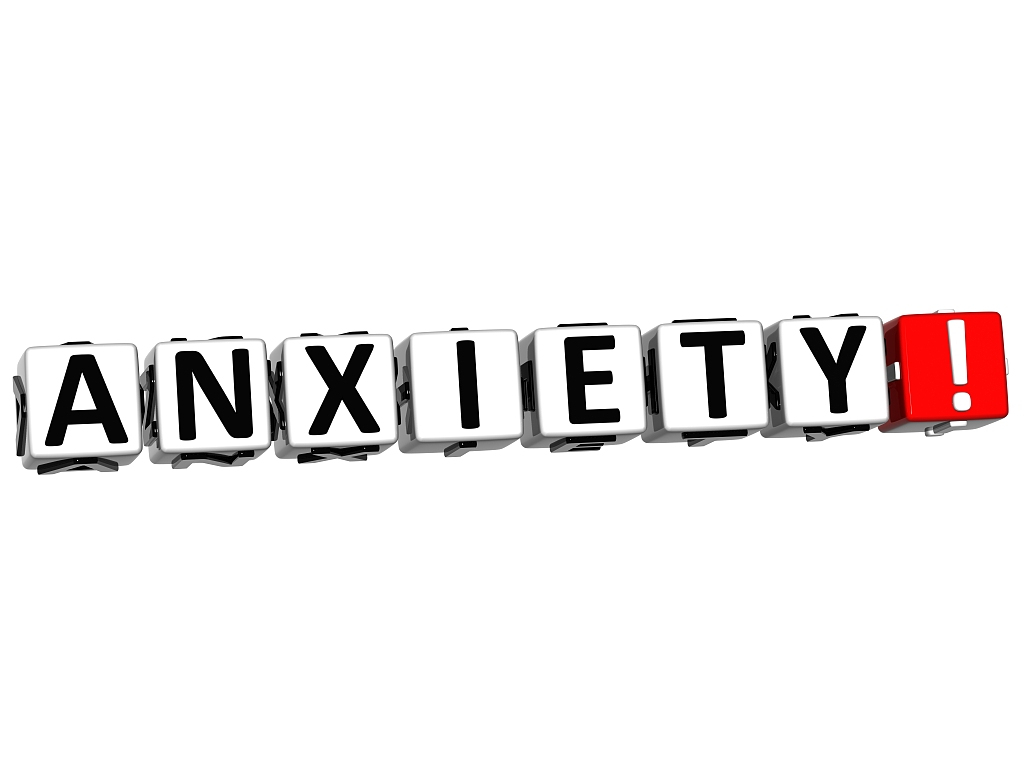
Too much information might lead to stress and anxiety over the epidemic.
Too much information might lead to stress and anxiety over the epidemic.
Watching numerous news reports about the novel virus and seeing everyone wear a mask on empty streets can easily lead to stress and anxiety over the epidemic.
According to Deng Xuyang, director of the Mental Health Education Center of Southeast University in Nanjing, east China's Jiangsu Province, it is likely to feel anxious during the virus outbreak when people excessively receive information, true or false.
Excessive information might result in "epidemic anxiety" and "excessive panic," of which the symptoms include being overly sensitive about personal health and full of negative thoughts about public health.
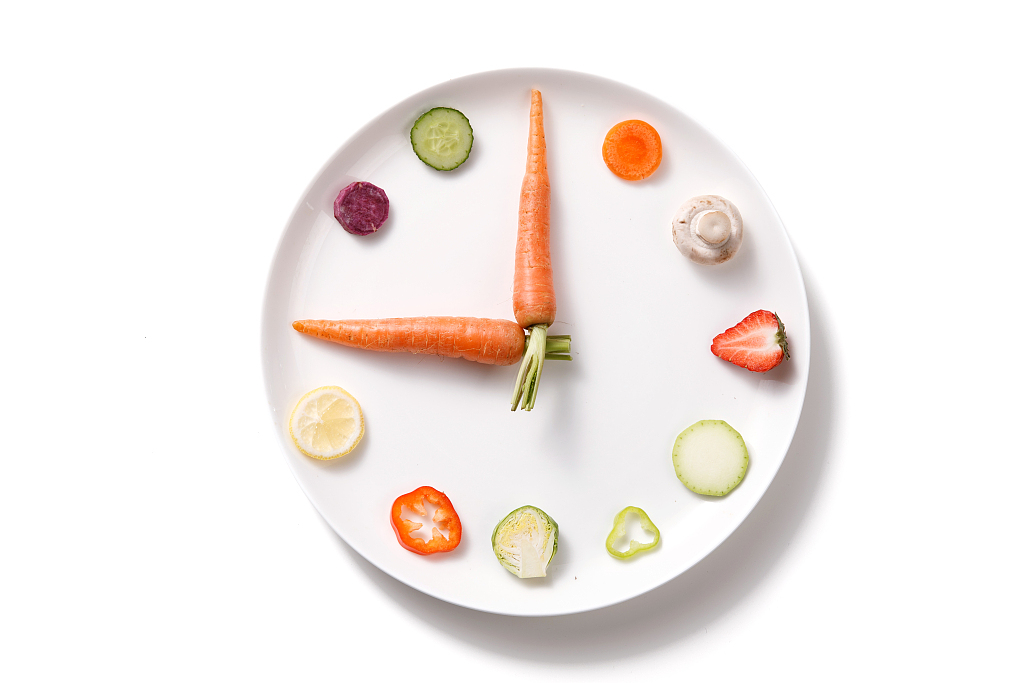
Experts suggest to have a regular schedule, get enough sleep and keep positive thinking during the period of time.
Experts suggest to have a regular schedule, get enough sleep and keep positive thinking during the period of time.
Deng suggested not to spend too much time browsing information on social media, and to focus on a few important and reliable news sources. It is also suggested having a schedule for news browsing with fixed time periods.
Yang Yuan, a chief physician at the department of neurology of the Wuhan Tongji Hospital, advised not to spend more than an hour reading relevant news every day.
Ensure a regular schedule, sufficient sleep and positive thinking, he stressed, adding that those in quarantine should take time for what they enjoy, such as watching movies, reading, cooking and calligraphy, which can help distract attention and relieve stress.
Exercises like Yoga, Tai Chi recommended
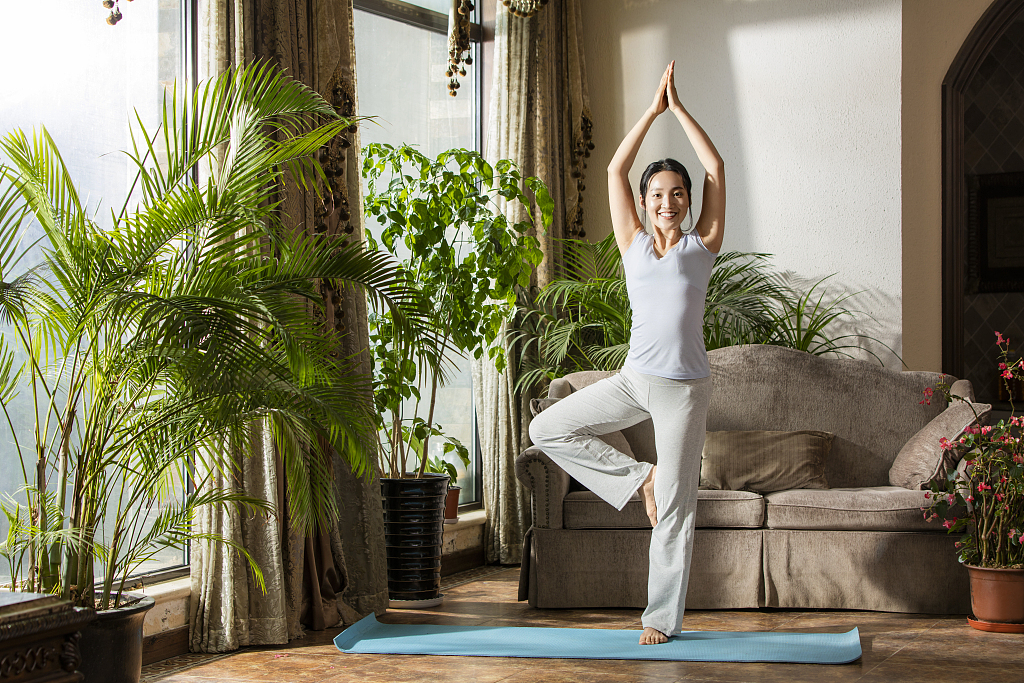
Yoga is gentle physical exercise with stretches.
Yoga is gentle physical exercise with stretches.
"Staying at home does not mean that you can't exercise. Suitable indoor sports will not only allow everyone to exercise anytime, anywhere, but also enhance the immune system," said Yu Xiaoyan, a researcher at Ningxia Sports Science and Technology Center.
Yoga and tai chi are gentle physical exercises and stretches, which use easy-to-master techniques and are suitable for those who want to keep fit at home.
As each posture flows into the next without pause, the indoor exercises ensure that your body is in constant motion, and involves energy circulation, breathing, and stretching techniques.

Tai chi involves energy circulation, breathing, and stretching techniques.
Tai chi involves energy circulation, breathing, and stretching techniques.
Connecting the mind and body, both exercises promote serenity through a series of slow and graceful movements, improving physical and mental wellness.
Meditation for relaxation
According to Yang, deep breathing and meditation are greatly recommended for those staying home, who might feel bored and anxious because of limited outdoor activities.
Combined with deep breathing, meditation can help people relax both the body and mind.
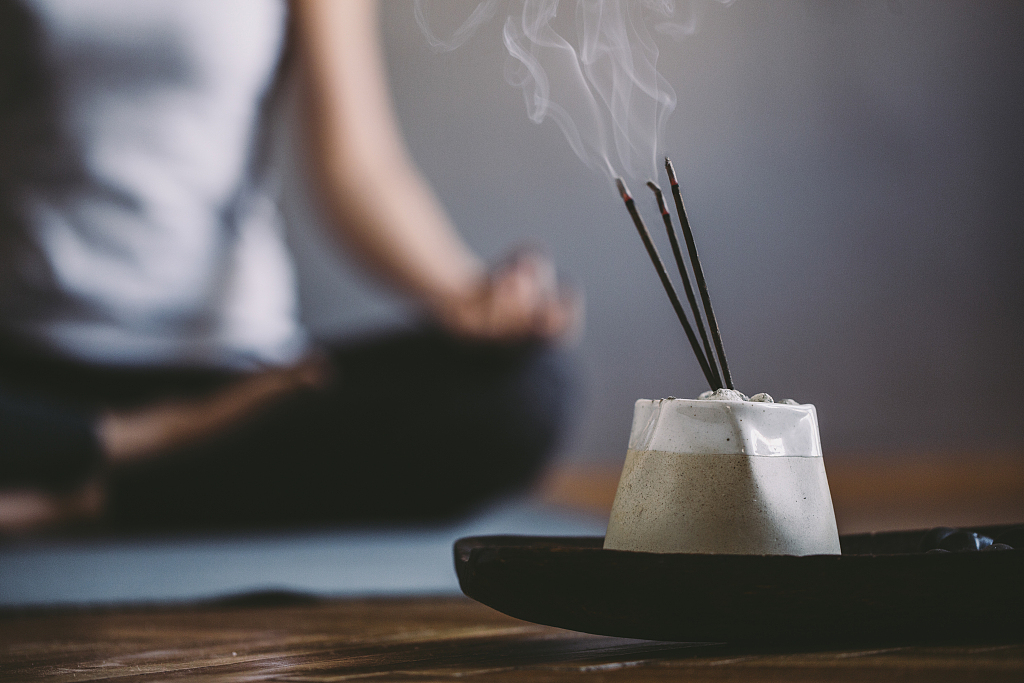
Meditation can help people relax both the body and mind.
Meditation can help people relax both the body and mind.
With its focus on full, cleansing breaths, it is a simple yet powerful relaxation technique. It's easy to learn, and can be practiced almost anywhere.
It is normal for those who have to work from home to feel sleepy and be less productive more easily.
Regular "gentle" exercises will not only strengthen the immune system, but also help ease and lessen anxiety.
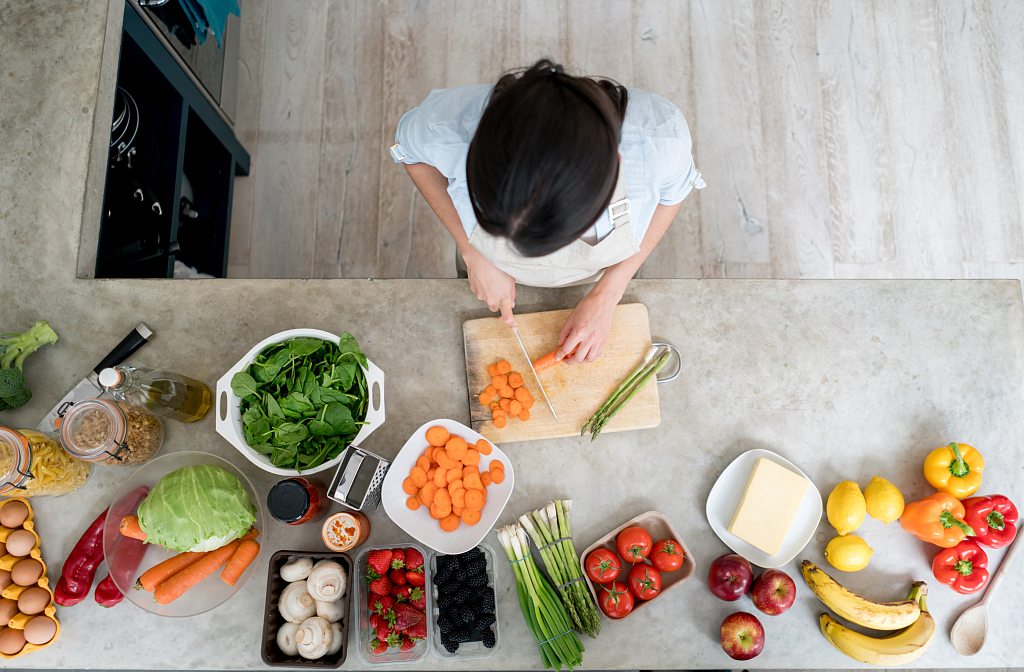
It's important to keep a balanced diet during the virus outbreak and flu season.
It's important to keep a balanced diet during the virus outbreak and flu season.
In addition to regular exercise, it is of great importance to drink more water and keep a balanced diet, said Li Yanhu, director of Sports Health Center of the General Administration of Sport.
It is time for your body to get some supplements, especially vitamin C, vitamin D and zinc, to boost the immune system.
Cold tea, with some herbal supplements, is greatly recommended, as it can help your body cool off and avoid heat-related health issues.
Flower or fruit tea, like tea with pears, can also help clear lung and eliminate phlegm.
(Cover image by Li Wenyi)